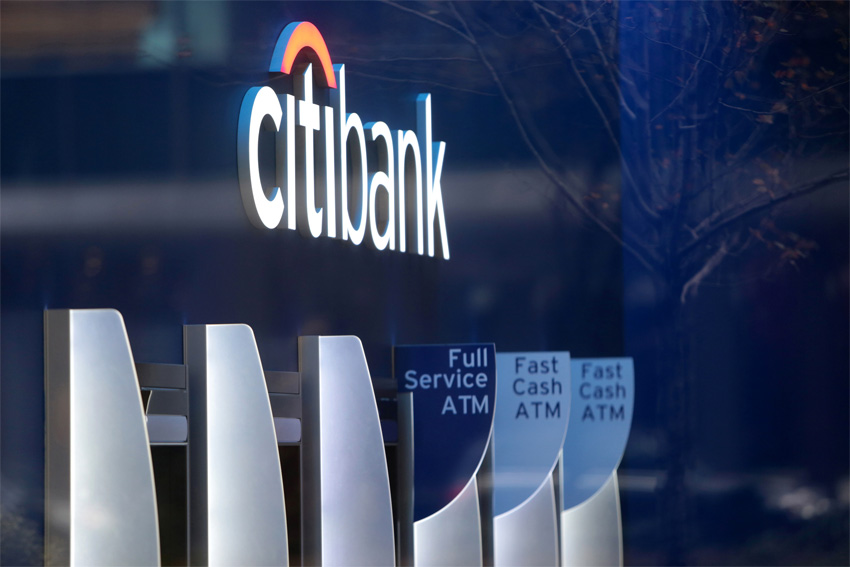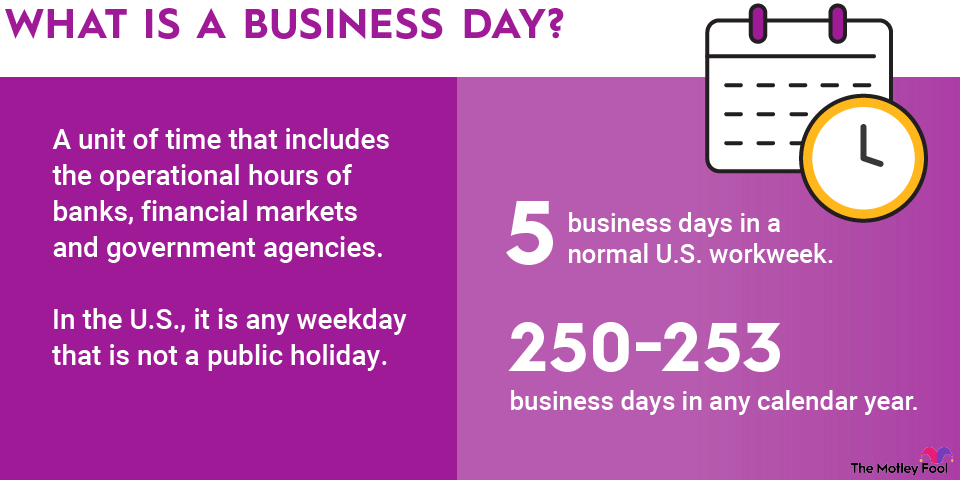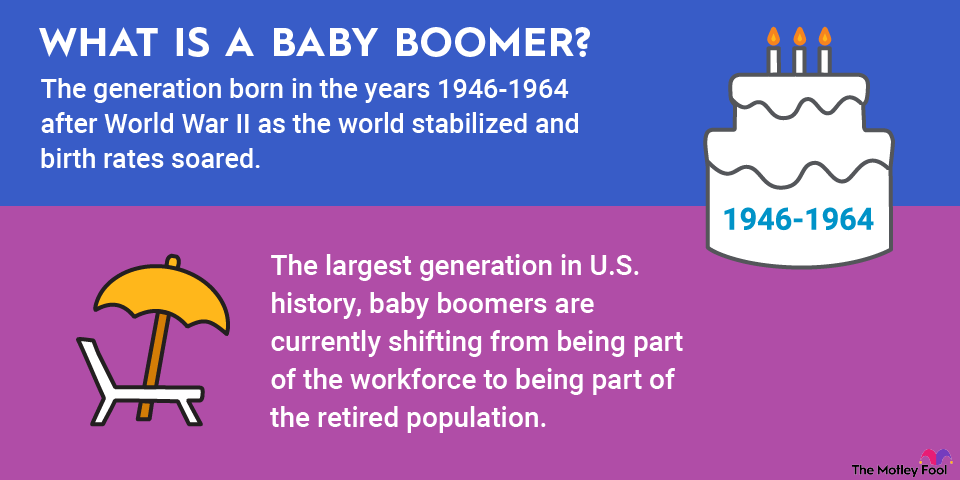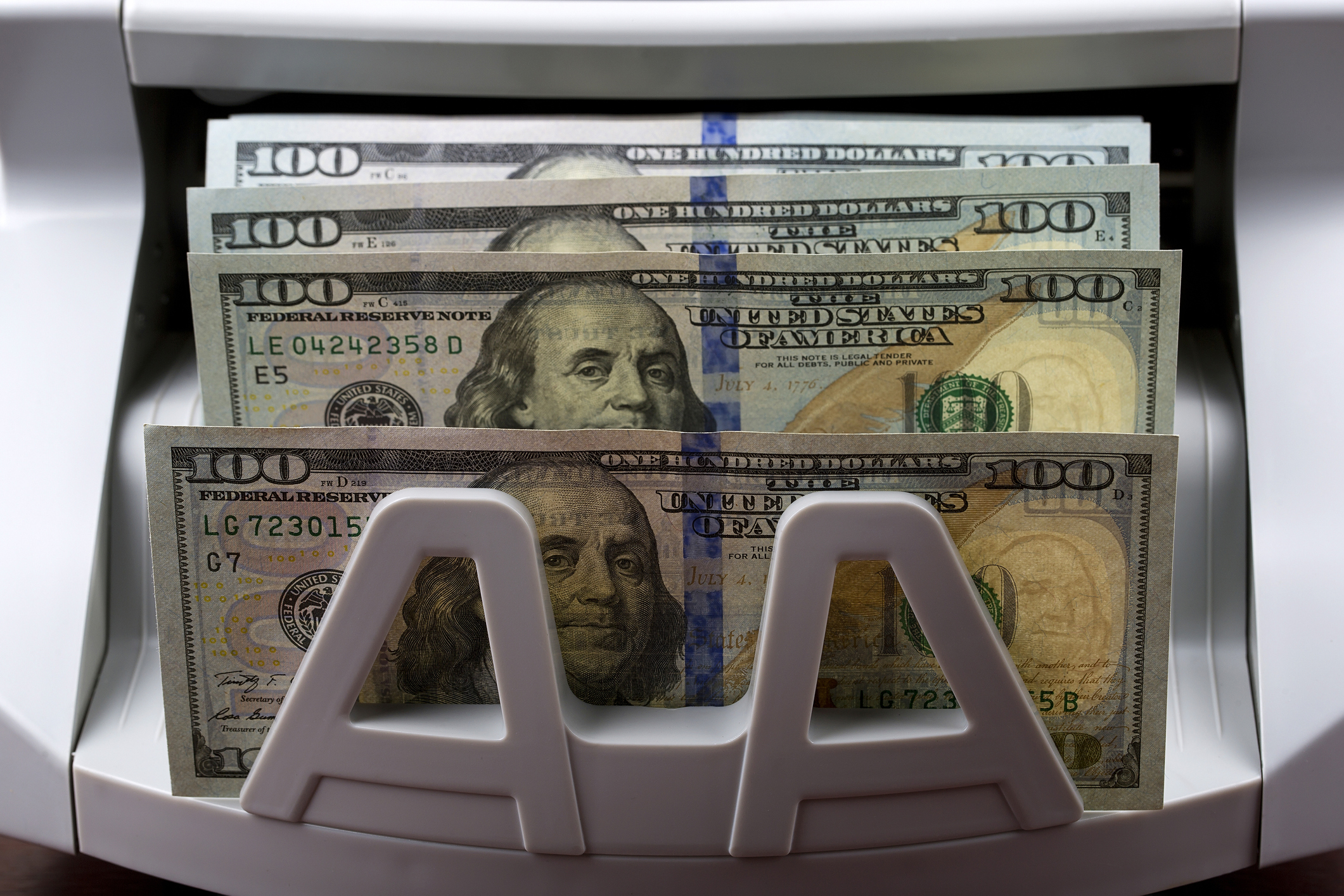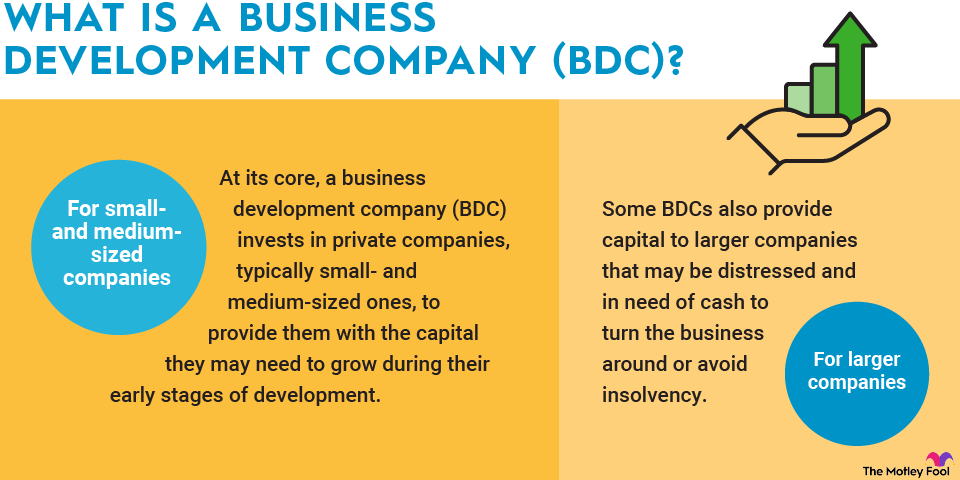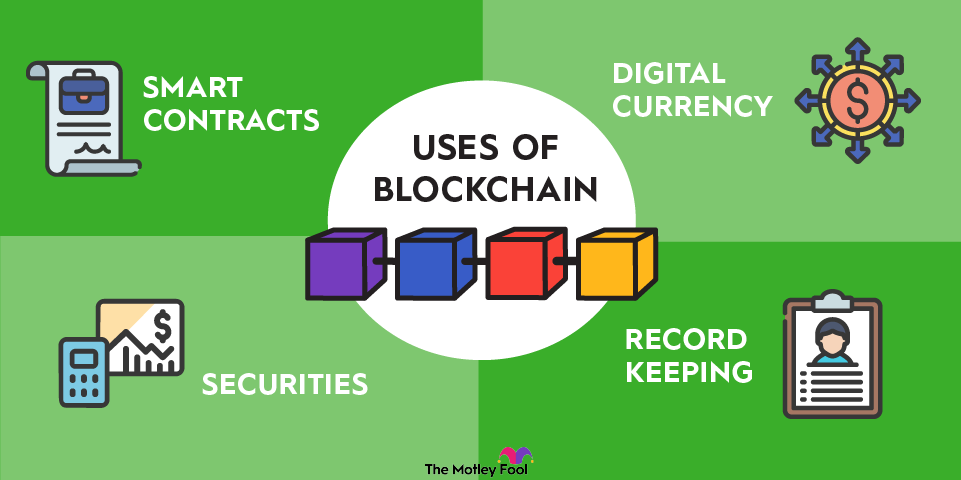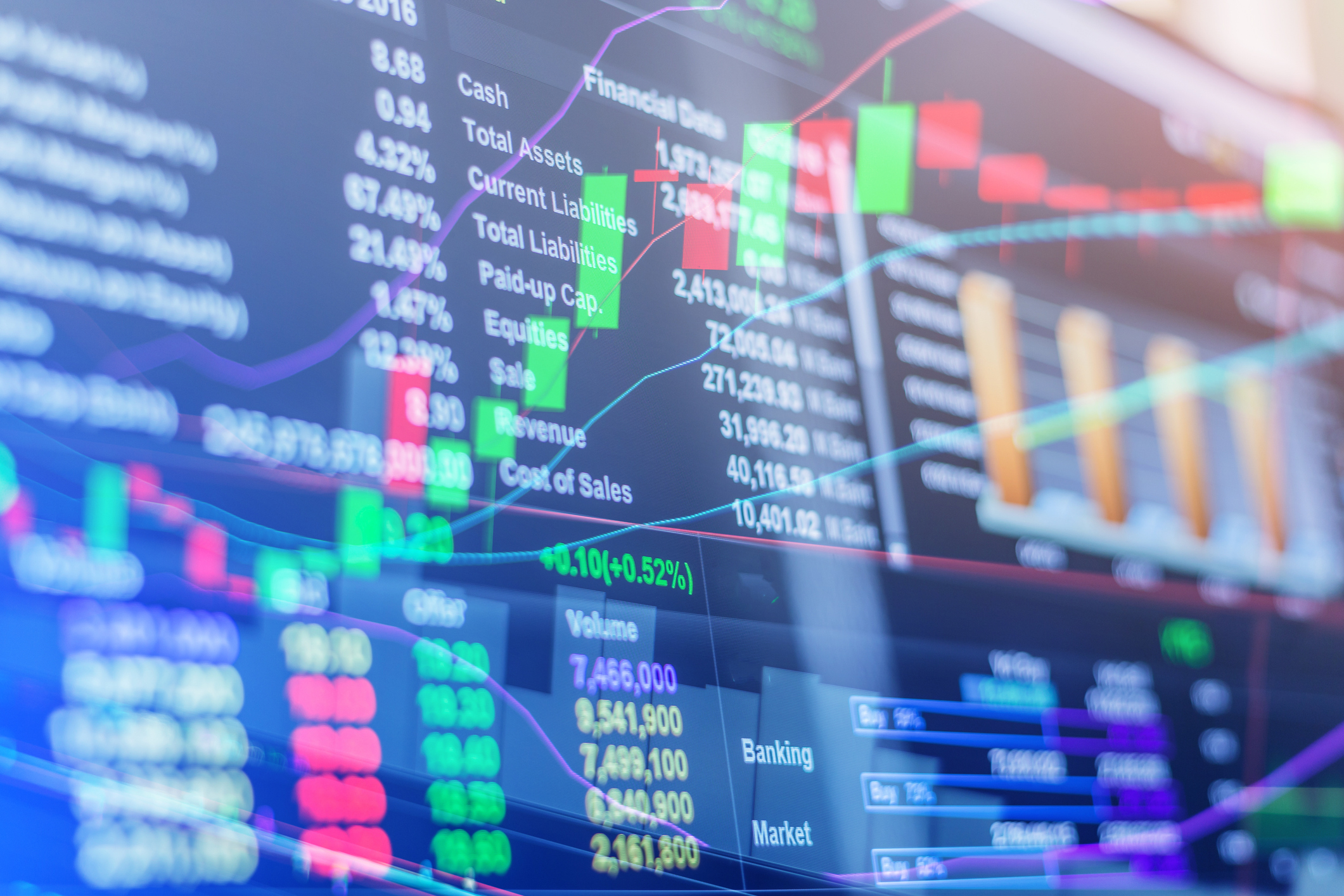Retail is a tough industry, and businesses in the space often have to find ways to prosper even in the face of razor-thin margins. Seasonal shopping trends can shape business and stock performances for retailers, and sales results across relatively small windows of time can make the difference between success and failure. Of all the days on the calendar, Black Friday is undeniably one of the most important for U.S. retail companies.

What Is Black Friday?
Black Friday is a shopping holiday that takes place the day after Thanksgiving. It is typically considered the start of the winter holiday shopping season and is reliably one of the biggest days for retail and overall economic activity in the U.S. Many other countries around the world also participate in the big shopping day.
How did Black Friday get its name?
Black Friday originated as a term in Philadelphia in the 1960s. Police officers in the city had to deal with the huge uptick in retail activity and unruly behavior from shoppers that took place the day after Thanksgiving. They coined the term "Black Friday" as a reflection of the extra chaos and stress that the onset of the holiday shopping season brought to retail districts. But Black Friday subsequently came to have another meaning in the 1980s.
For much of a given year, many retailers and other businesses operated at a loss -- colloquially known as "being in the red" because the color was used for recording losses on accounting statements. With the surge in sales that occurred during the holiday shopping season, many of these businesses could finally be pushed into profitability for the year -- also referred to as "being in the black" because that was the color for writing down profits. As this reading of the name reflects, Black Friday marked an incredibly important sales period for many businesses, and it continues to be a key focus and performance driver for many retailers.
Why is Black Friday important?
Black Friday is a cultural and economic phenomenon, with retailers offering large discounts on in-demand items including electronics and popular toys. These discounts help get customers into stores and encourage them to do more of their holiday shopping there.
Sought after, deeply discounted items are sometimes referred to as "door busters" because they're in high demand and get people into stores. Some shoppers are willing to line up hours before a store opens in hopes of having first pick on bargain-priced goods. Black Friday shopping has become something of a holiday tradition for many families.
In addition to providing shoppers with some great deals and delivering an explosion of revenue for retailers, Black Friday can also provide important indicators for individual business trajectories, consumer sentiment, and the health of the overall economy. If shoppers are spending more, it's typically a sign that consumer confidence is high and that people feel comfortable buying gifts and other non-essentials. On the other hand, a significant fall in Black Friday spending can signal that shoppers are concerned about their finances and the state of the overall economy.
Related investing topics
An example of Black Friday trends in action
The National Retail Federation reported that the number of in-store Black Friday shoppers increased to 72.9 million in 2022, up from 66.5 million shoppers in 2021. According to an analysis from Adobe (ADBE +0.51%), total e-commerce spending that occurred on Black Friday in the U.S. climbed 2.3% on an annual basis to reach $9.12 billion.
While many online retail sites offer Black Friday deals, the e-commerce world also has its own special day for the holiday shopping season. Cyber Monday takes place at the start of the week following Black Friday and now eclipses Black Friday in terms of U.S. online retail sales. Adobe Analytics reported that national Cyber Monday sales rose 8.4% annually to reach $11.6 billion in 2022.
Cyber Monday
While Black Friday and Cyber Monday saw some encouraging engagement and spending increases in 2022, rising costs due to inflation meant that the spending growth couldn't be taken at face value as a healthy economic indicator. An increasing number of people in the U.S. also turned to buy now, pay later services, which suggests that some shoppers were feeling strapped for cash but didn't want to forego holiday deals.

